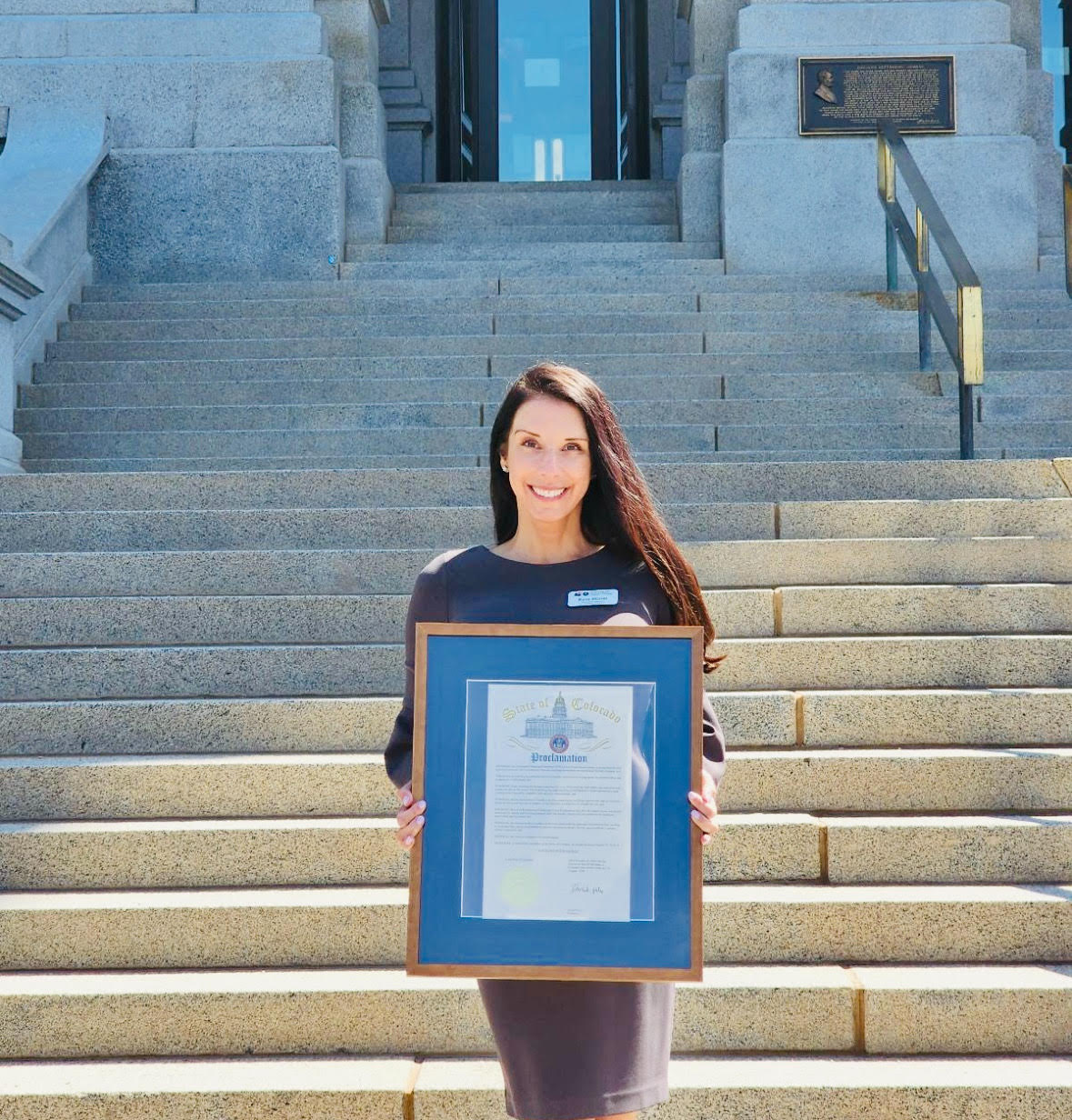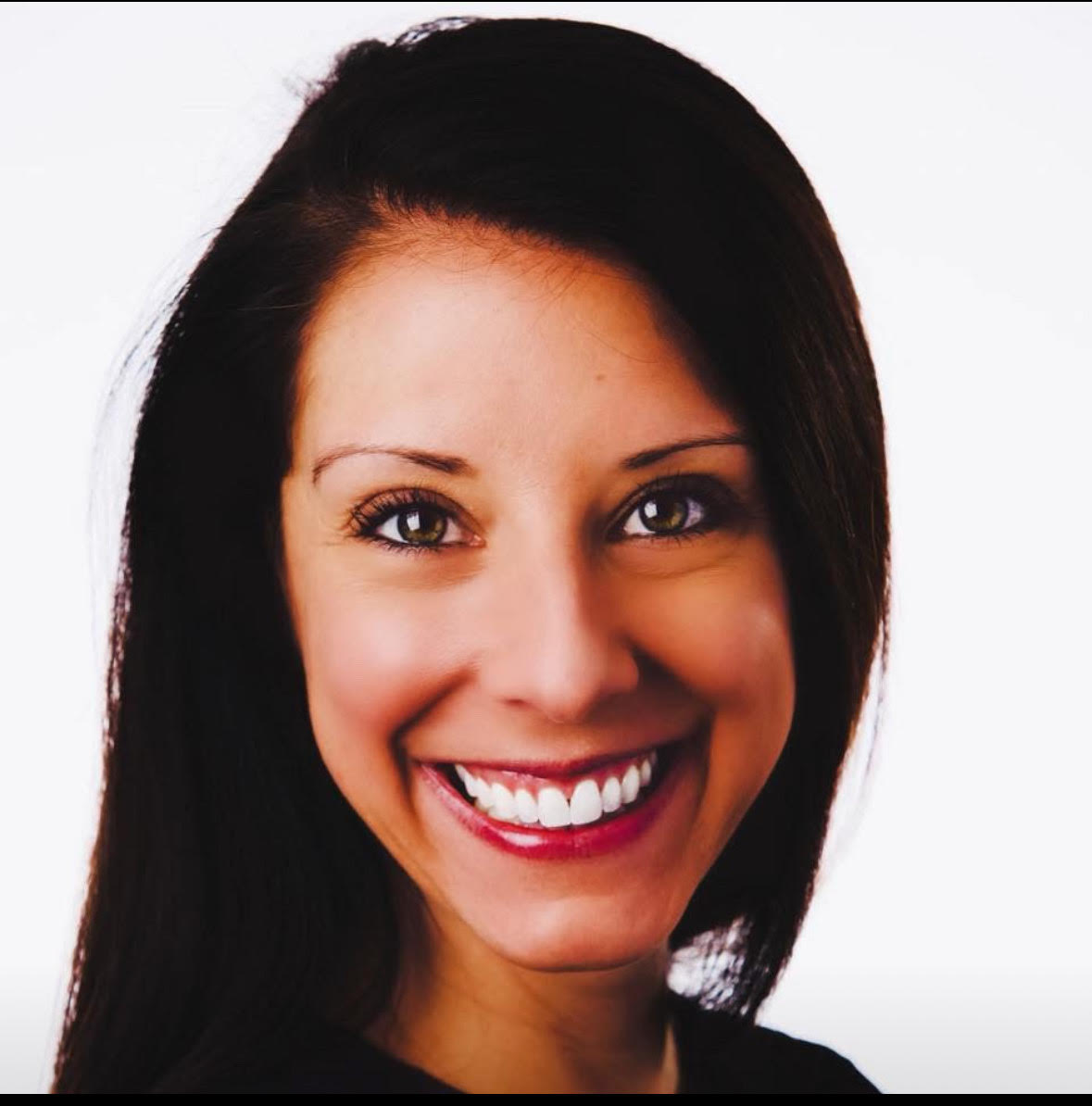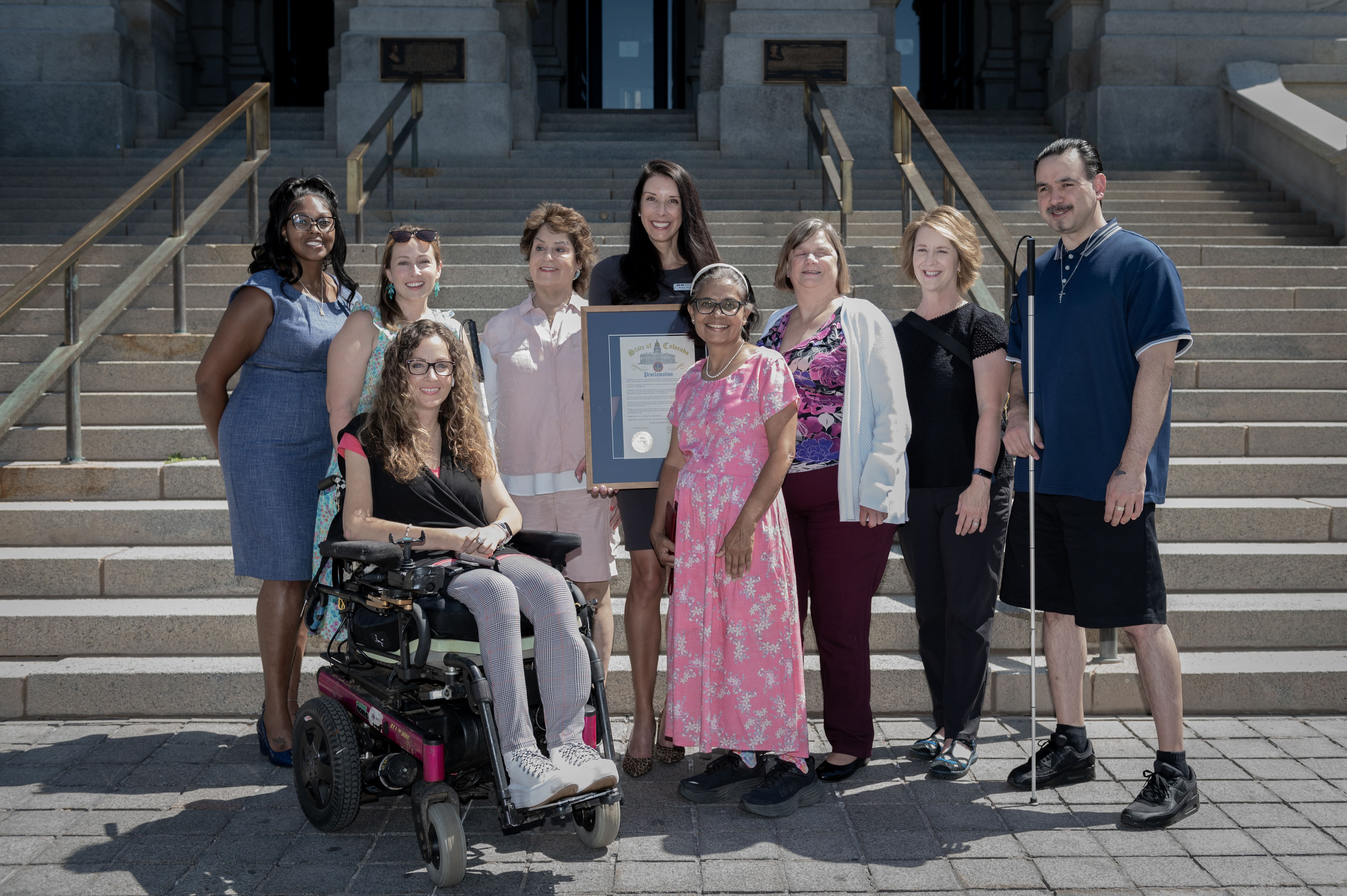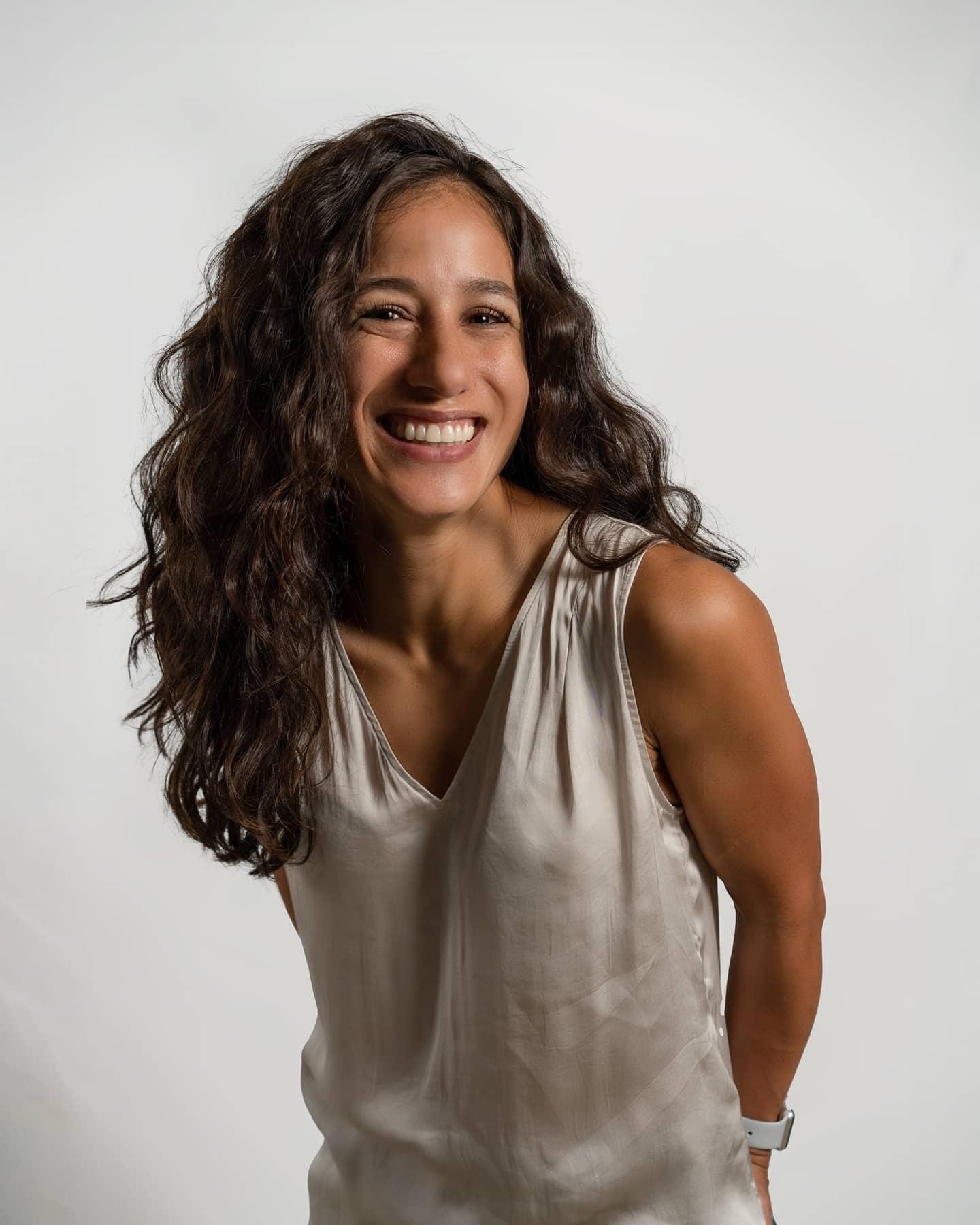
Kate Miller
"Make sure the table includes everyone who needs to be there."
Anger doesn't change minds—empathy does.
I'll never forget Amelia's voice through the screen reader. She was demonstrating how she navigated our university's course registration portal, and suddenly... silence. She couldn't access it. Then she tried to open the course content - same thing. Barriers were everywhere.
But what broke my heart was when she told us her professor said if she couldn't read the textbook “as is,” she shouldn't take the class.
I sat there as a sighted person watching someone brilliant being told she didn't belong in her own education. That day changed me forever.
Now I oversee the State’s Empathy Lab that travels across Colorado, showing people what Amelia showed me. That we're excluding more than a billion people from spaces they have every right to access. Not because we're bad people, but because systems can sometimes stand in the way.
Every time I set up those assistive technology demonstrations, I think of Amelia. She gave me my mission: make sure the table includes everyone who needs to be there.
“We don't see anyone with disabilities here.” I hear this constantly. And every time, I want to shake my fist and shout from the mountaintops. But I've learned that anger doesn't change minds—empathy does.
When Gabe, one of our community steering committee members, demonstrated why reCAPTCHAs are impossible for him to navigate, the vendor's meeting went dead silent. Within hours, fixing those barriers became their top priority. Not because of policy or lawsuits, but because they finally saw the problem.
The hardest part of accessibility work isn't the technical challenges. It's the fear. People think it's more work, more money, more everything. They can't see disabilities, so they don't believe they exist.
But here's what I've learned: meet people where they're at. Ask what scares them. Break it down into small wins. Show them it's not about special exceptions - it's about equity.
Some days this work feels impossible. But then I remember Gabe's story, Amelia's voice, and all the people still waiting for their turn at the table.
My mom worked in higher education for more than 40 years, and I grew up wandering college campuses, watching her advocate for students who didn't have voices. She planted this seed: everyone deserves a seat at the table.
I spent 16 years at the University of Colorado, accidentally falling into accessibility work when someone pointed around the room and said, 'Hey Kate, why don't you handle this?' I knew nothing about inclusive design, but I taught myself everything.
Now I'm with Colorado's Governor’s Office of Information Technology as a Solutions Engineer, which sounds fancy. But really I'm an accessibility consultant who works with seven state agencies to help them achieve compliance with the state’s accessibility law (the first such in the nation). While not every agency hit the July 2024 deadline, we're averaging 85% completion.
What excites me most is that people didn’t stop their accessibility work that deadline. They want to learn more, do better, tackle harder problems. That tells me this isn't just compliance—it's becoming part of who we are as public servants.
The highlight of my three years here has been launching the Empathy Lab—it's my mom's legacy living on through technology and storytelling. Some evenings as I head home to Aurora and help my teenagers Aliza and Corbin with homework and take our basset hound Lulu for a walk, I think about how we're building a more inclusive Colorado one story at a time.
Sometimes I think about running for office, carrying these voices with me to make real policy change. But for now, I'm exactly where I need to be.
When people ask what public service means to me, it's simple: making a difference for those who may not have a voice and bringing those voices to the table so those who need to hear it are hearing them to make our communities more inclusive, equitable and accessible. That's the heartbeat of America.
Picture this: accessibility isn't an afterthought. It's not tacked onto someone's job description. It's just how we build things, like security or procurement - standard business practice.
I see a future where people with disabilities aren't just hired for accessibility roles, but they're holding leadership positions, making decisions, shaping the world they live in. Where 'nothing about us without us' isn't a rallying cry but reality.
We're getting there faster than you might think. Our user experience teams are partnering with community members who use assistive technology to test new portals. Vendors are prioritizing fixes after seeing real barriers. Students are learning that accessibility isn't extra work - it benefits everyone.
Yes, I worry about the federal environment. But Colorado is safeguarding our momentum around equity and inclusion. And more importantly, people GET it.
The best part of my job? Watching from the background as communities that have been forgotten and left behind finally get the spotlight. Because there's so much expertise there, so many great humans just waiting to contribute.
That's the future I'm fighting for. And honestly? I can't wait to see it.







